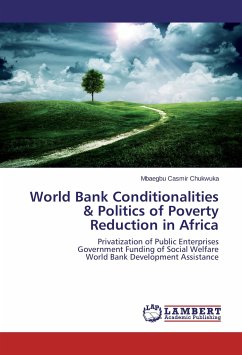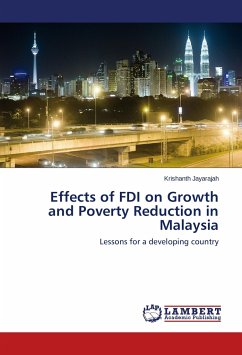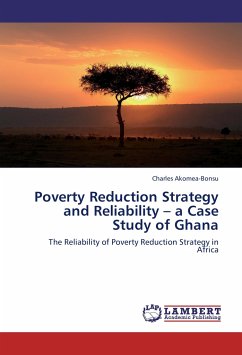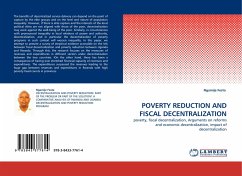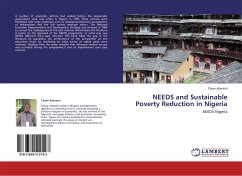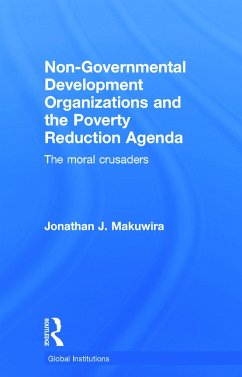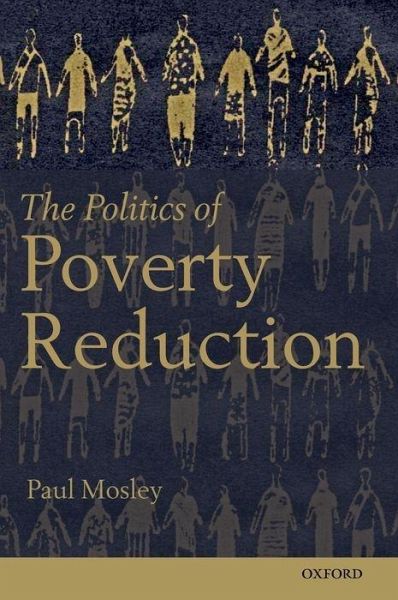
Politics of Poverty Reduction
Versandkostenfrei!
Versandfertig in 1-2 Wochen
169,99 €
inkl. MwSt.

PAYBACK Punkte
85 °P sammeln!
Globally, there is a commitment to eliminate poverty; and yet the politics that have caused anti-poverty policies to succeed in some countries and to fail in others have been little studied. The Politics of Poverty Reduction focuses on these political processes. Analysis is based partly on global comparisons and partly on case-studies of nine countries that span the developing world. Where governments are politically weak, they need to make alliances with other groups to stay in power, and where these have been with low-income groups, the result may be a lasting and effective pro-poor strategy...
Globally, there is a commitment to eliminate poverty; and yet the politics that have caused anti-poverty policies to succeed in some countries and to fail in others have been little studied. The Politics of Poverty Reduction focuses on these political processes. Analysis is based partly on global comparisons and partly on case-studies of nine countries that span the developing world. Where governments are politically weak, they need to make alliances with other groups to stay in power, and where these have been with low-income groups, the result may be a lasting and effective pro-poor strategy. Often pro-poor policies have been brought in not with progressive intentions, but out of fear that the state will fall apart unless pro-poor elements are incorporated into government, and the most effective regimes in reducing poverty have seldom been the kindest and most benevolent. Ability to provide the poor with access to key markets, in particular labor and capital, is crucial, and this in turn requires fiscal strength. Two crucial elements in the story are the ability to frame labor-intensive policies (given that labor is often the only thing that poor people are able to sell) and the design of effective tax and expenditure policies. Aid donors can make a key contribution, partly through reinforcing recipients' fiscal capacity, but much more through providing technical support of the right kind.



